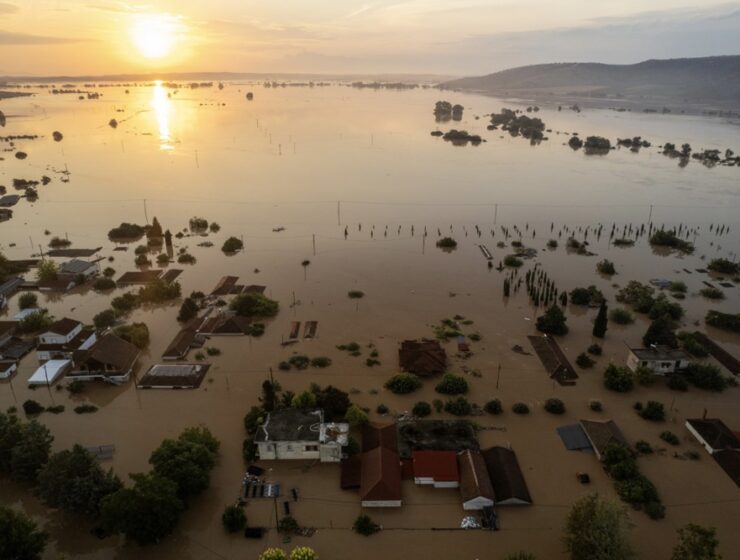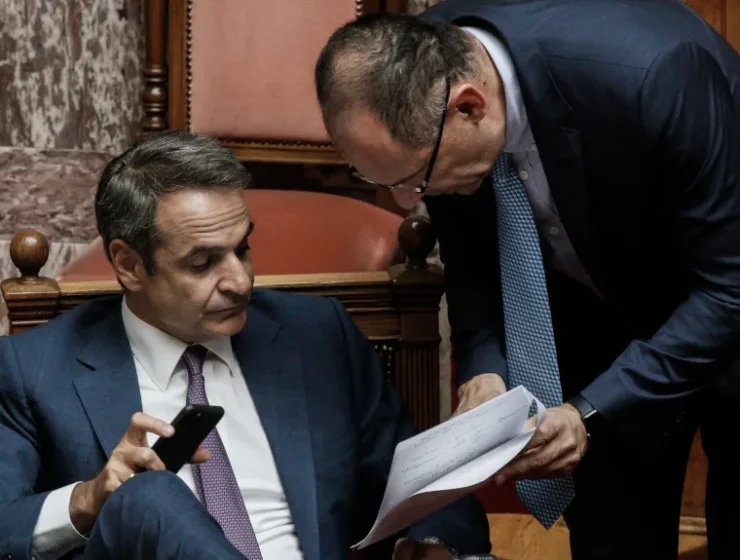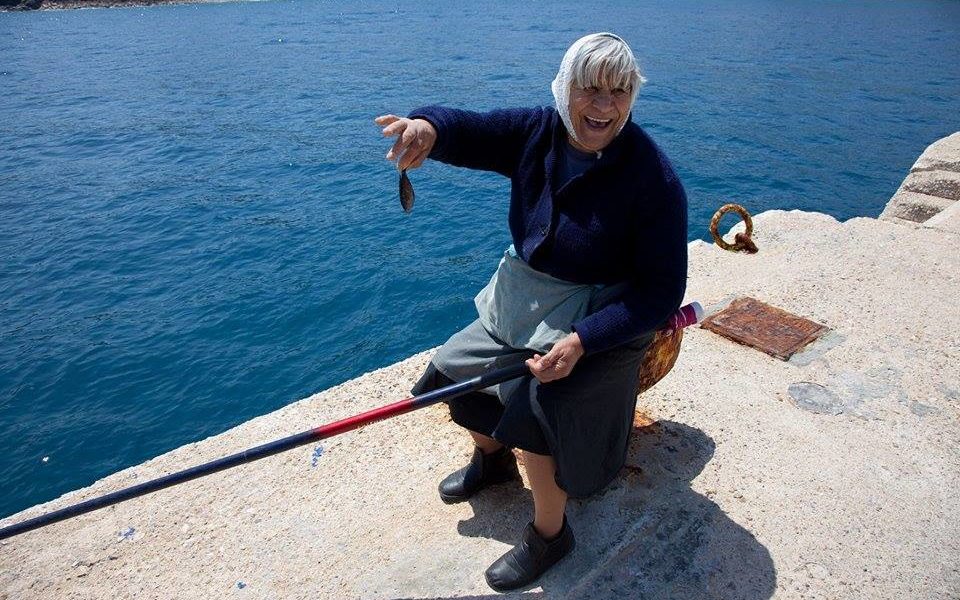From Fokida in Sterea Ellada, Athanasios Diakos was a Monk and deacon who later became a Klepht and a Military Commander during the Greek War of Independence. He was posthumously elevated to…
Greek News

April 24th is the day the world commemorates the Armenian Genocide committed by Turks in 1915. That day, 250 Armenian intellectuals and community leaders were arrested in Constantinople and sent to Chankri…

Prime Minister Kyriakos Mitsotakis attended an event on Tuesday at the Mouzaki Municipal Cinema Theatre to present the works for restoring the damage caused by the destructive 2023 storms Daniel and Elias.…

April 24, 1479 B.C.E, the Trojans learned they should beware of Greeks bearing gifts, especially when they come in the form of large wooden horses. The story goes that after ten long…

Dominic Thiem’s struggles continued at the Mutua Madrid Open, as he succumbed to a disappointing defeat in qualifying to Thanasi Kokkinakis. The result only served to underscore Thiem’s troubling spiral away from…

Greek broadcaster ERT has revealed that Helena Paparizou will announce the results of the Greek jury at Eurovision 2024. This year marks the 50th anniversary of Greece’s participation in the contest, and so their only winner to date will announce their results live from ERT’s Radio Megaro in Athens.

In a recent development highlighting the close ties between the United States and Greece, Secretary of Defense Lloyd J. Austin III engaged in a productive phone conversation with Greek Minister of Defense…

Greece is contemplating transferring one of its Patriot PAC-3 air defense systems to Ukraine, despite the complex relationship between Greece and Türkiye. This proposal, as reported by Pronews on April 22, 2024, is seen as a potential move to bolster Ukraine’s security against regional threats, particularly from Türkiye. However, the exact nature of the guarantees offered by the United States in exchange remains unspecified. This development has sparked debate within Greece, balancing national security concerns with the desire to support Ukraine against Russian aggression.

The widespread use of poisoned baits is back in the spotlight, according to the Society for the Protection of Biodiversity of Thrace (EPVTH), which operates primarily in the mountainous and semi-mountainous regions of Evros and Rhodope

On the eve of Armenian Genocide Memorial Day, we honor the memory of lives lost, Belgian Minister of Foreign Affairs, European Affairs, Foreign Trade and the Federal Cultural Institutions Hadja Lahbib said…

Azerbaijan’s President Ilham Aliyev has accused France, India, and Greece of arming Armenia, warning that his country will take “serious measures” if the threat continues.

The tender artichokes are cooked with sweet leeks to make a wonderful fasting dish that fully embraces spring freshness. Don’t forget the mint—it will make all the difference! Materials for four servings:…

An orange veil has Attica, creating an eerie scene – From tomorrow at noon, the phenomenon is expected to recede. According to a Greek meteorologist, the African dust blanketing Greece created an…

After the absolute success of the Motorcycle Exhibition, which occurred over five days and closed its doors on April 14, the corresponding one for cars and mobility vehicles takes its turn. The…

Greek meteorologists have issued a warning about an impending surge of Sahara dust and mud rainfalls set to affect the country over the next few days. The Sahara dust wave has already commenced yesterday, Monday, April 22, and is projected to reach its peak today, Tuesday, April 23, particularly during the noon and afternoon hours.

Dimitris Gloubos, an electrical engineer and e-bike manufacturer, explains how he has turned the vision for cleaner, greener cities into practice, with two vehicles already in circulation, which will soon replace conventional…

The annual report by the Bureau of Democracy, Human Rights, and Labor of the US State Department sheds light on the human rights landscape in various nations, a crucial document guiding US…

The tender artichokes are cooked with sweet leeks to make a wonderful fasting dish that fully embraces spring freshness. Don’t forget the mint—it will make all the difference! Materials for four servings:…

In a translated statement, Prince Nikolaos and Princess Tatiana of Greece announced their decision to divorce, noting the difficulty of their decision and conveyed deep appreciation, respect, and love for each other throughout their 14 years together. Despite ending their marriage, they emphasised their intention to maintain a strong friendship and continue living in Greece. Notably

Greek broadcaster ERT has revealed that Helena Paparizou will announce the results of the Greek jury at Eurovision 2024. This year marks the 50th anniversary of Greece’s participation in the contest, and so their only winner to date will announce their results live from ERT’s Radio Megaro in Athens.

Introducing the “Connecting Greeks Podcast,” a captivating audio series dedicated to celebrating and exploring the rich cultural heritage, history, and experiences of individuals of Greek descent worldwide

The Italian label has appointed the London-based Greek designer, who already has a close relationship with the fashion house












































